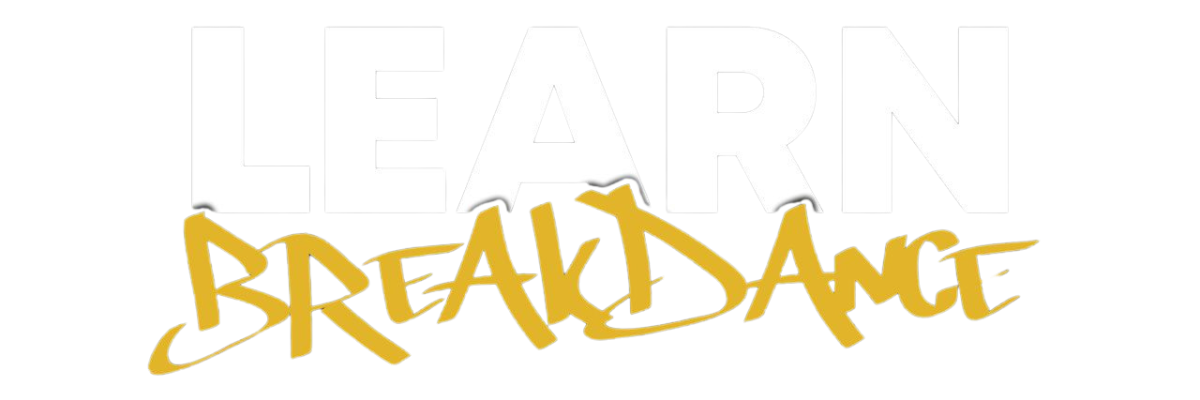The Paris 2024 Olympics will be a landmark event in the history of competitive sports, not just for its array of traditional events but also for introducing breaking, a dynamic street dance style, to the Olympic stage for the first time. Originating from the cultural hub of The Bronx in New York City during the 1970s, breaking—often referred to as breakdancing—has evolved from its underground roots into a global phenomenon. Its inclusion in the Olympics represents a significant moment of recognition and transformation for the sport, bringing it to an international audience with unprecedented visibility.

The Evolution of Breaking
Breaking, also known as breakdancing, emerged as part of the broader hip-hop movement, which also includes graffiti art, DJing, and MCing. This dance style developed in response to the social and economic challenges faced by communities in The Bronx. It quickly gained traction in the 1970s and 1980s, spreading from the streets of New York to other parts of the United States and around the world.
The Birth of Breaking
Breaking began in the South Bronx, where young dancers would engage in “battles” to showcase their skills. These battles were often spontaneous and took place in various urban settings, including parks and community centers. The dance style is characterized by its acrobatic moves, intricate footwork, and impressive freezes, which all require significant physical strength and creativity. As breaking gained popularity, it became a defining element of hip-hop culture, reflecting the creativity and resilience of its practitioners.
Breaking’s Global Expansion
Over the decades, breaking spread across the globe, influencing and being influenced by various cultures. The sport’s international reach was bolstered by media exposure, including films like “Flashdance” and “Beat Street,” which brought breaking to mainstream audiences. Today, breaking is celebrated worldwide, with numerous international competitions and festivals dedicated to the art form. Its evolution from a local street dance to a globally recognized sport underscores its significance and enduring appeal.
Paris 2024: Breaking’s Olympic Debut
The Paris 2024 Olympics marks a historic moment for breaking, as it will be featured as a competitive sport for the first time. This inclusion represents a major step in the sport’s journey from its grassroots origins to a prestigious international event.
The Significance of Olympic Inclusion
Breaking’s inclusion in the Olympics is a testament to its global impact and artistic value. It reflects the growing recognition of street and urban sports within the broader sporting world. For many in the breaking community, this moment represents both an opportunity and a challenge. The Olympic stage will provide a platform for breaking to reach new audiences and gain further respect, but it also raises questions about how the sport’s core values will be maintained in a highly structured and commercialized environment.

Notable Athletes to Watch
As breaking makes its Olympic debut, several top athletes are expected to stand out in the competition. These athletes have distinguished themselves in various international events and are poised to showcase their skills on one of the biggest stages in sports.
Victor Montalvo (B-Boy Victor), United States
Victor Montalvo, known in the breaking world as B-Boy Victor, is a key competitor representing the United States. Hailing from Kissimmee, Florida, Montalvo has developed a reputation for his deep respect for the traditional roots of breaking. At 30 years old, he draws inspiration from the pioneers of hip-hop and brings a classic style to his performances. Montalvo earned his spot in the Paris Olympics by winning the 2023 WDSF World Breaking Championship in Belgium, where he demonstrated his skill and dedication to the art form.
Sunny Choi (B-Girl Sunny), United States
Sunny Choi, or B-Girl Sunny, is a prominent figure in the breaking community. At 35, she has become a leading ambassador for B-Girls, advocating for their recognition and representation in the sport. Choi, who hails from Queens, New York, is known for her vibrant personality and exceptional dance skills. Her journey to the Paris Games was marked by her victory at the 2023 Pan American Games in Chile, where she showcased her talent and secured her place in the Olympics.
Philip Kim (B-Boy Phil Wizard), Canada
Philip Kim, known as B-Boy Phil Wizard, is a top-ranked competitor from Canada. Kim’s performance in international breaking competitions has consistently placed him among the best in the sport. His qualification for the Paris Games came through a standout performance at the Pan American Games, where he demonstrated his technical prowess and innovative style. Kim’s presence in Paris is highly anticipated, as he is expected to bring a high level of competition and excitement to the Games.
Dominika Banevic (B-Girl Nicka), Lithuania
Dominika Banevic, or B-Girl Nicka, is the youngest competitor in the breaking events at the Paris Olympics. At just 17 years old, Banevic has already made a significant impact on the international breaking scene. Hailing from Lithuania, she qualified for the Games through her performance at the 2023 WDSF World Breaking Championship. Banevic’s youthful energy and impressive skills will be a highlight of the competition, representing the future of breaking.
Key Storylines to Follow
The inclusion of breaking in the Paris Olympics brings several key storylines and themes to watch. These narratives highlight the sport’s evolution, cultural significance, and the challenges it faces on the global stage.
Cultural and Social Impact
Breaking’s origins in The Bronx were deeply intertwined with the cultural and social dynamics of the 1970s. The sport emerged as a form of self-expression and resistance against the challenges faced by marginalized communities. Today, breaking continues to reflect themes of racial and economic inequality, and its global reach has amplified these themes. The Paris Games will provide a unique platform to explore and celebrate the cultural narratives that have shaped breaking and its impact on diverse communities worldwide.
Commercialization and Integrity
The Olympic inclusion of breaking raises important questions about commercialization and cultural integrity. While the sport’s visibility on the global stage offers significant opportunities, there are concerns about how commercialization might impact its authenticity. Traditional street battles and local scenes have been central to breaking’s identity, and there are fears that the formal Olympic format could alter its essence. Balancing the sport’s authentic spirit with its new global platform will be a key topic of discussion during the Games.
Judging System Controversies
For the Paris Games, the Trivium judging system will be used to evaluate breaking performances. This system assesses breakers on creativity, personality, technique, variety, performativity, and musicality. While the Trivium system aims to provide a comprehensive evaluation, it has faced criticism from some within the breaking community. Critics argue that the system may be influenced by individuals who lack a deep understanding of breaking’s cultural significance, potentially affecting the fairness and authenticity of the competition. The debate around the judging system will be an important aspect of the Games, as it reflects broader concerns about how breaking is represented and evaluated on the Olympic stage.

Key Dates
The breaking competitions at the Paris 2024 Olympics are scheduled for August 9 and August 10. The women’s competition will take place on August 9, followed by the men’s competition on August 10. These dates are set to showcase some of the most exciting talents in the sport and will mark a historic moment for breaking as it makes its Olympic debut.
Reigning Champions
As breaking is making its first appearance at the Summer Olympics, there are no reigning Olympic champions in this category. The Paris Games will determine the first-ever Olympic champions in breaking, adding a historic dimension to the competition. The outcomes will set a precedent for future Olympic events and contribute to the legacy of breaking as an Olympic sport.
Conclusion
The Paris 2024 Olympics will be a historic event for breaking, offering a global stage for a sport with deep cultural roots and a rich history. As athletes from around the world prepare to compete, the Games will highlight breaking’s evolution from street culture to Olympic competition. With a blend of anticipation, excitement, and scrutiny, the debut of breaking promises to be a memorable and impactful chapter in Olympic history. This moment represents both a celebration of breaking’s journey and a challenge to maintain its cultural integrity in a new and highly visible context.
Author Profile
Latest entries
 Break DanceFebruary 23, 2025Tap Dancing vs. Clogging: How Do They Differ?
Break DanceFebruary 23, 2025Tap Dancing vs. Clogging: How Do They Differ? Break DanceFebruary 23, 2025Best Dance Competitions for Kids
Break DanceFebruary 23, 2025Best Dance Competitions for Kids Break DanceFebruary 23, 2025Master the Straddle Stretch for Splits
Break DanceFebruary 23, 2025Master the Straddle Stretch for Splits Break DanceFebruary 14, 2025The Art of Timing in Dance
Break DanceFebruary 14, 2025The Art of Timing in Dance






Leave a reply